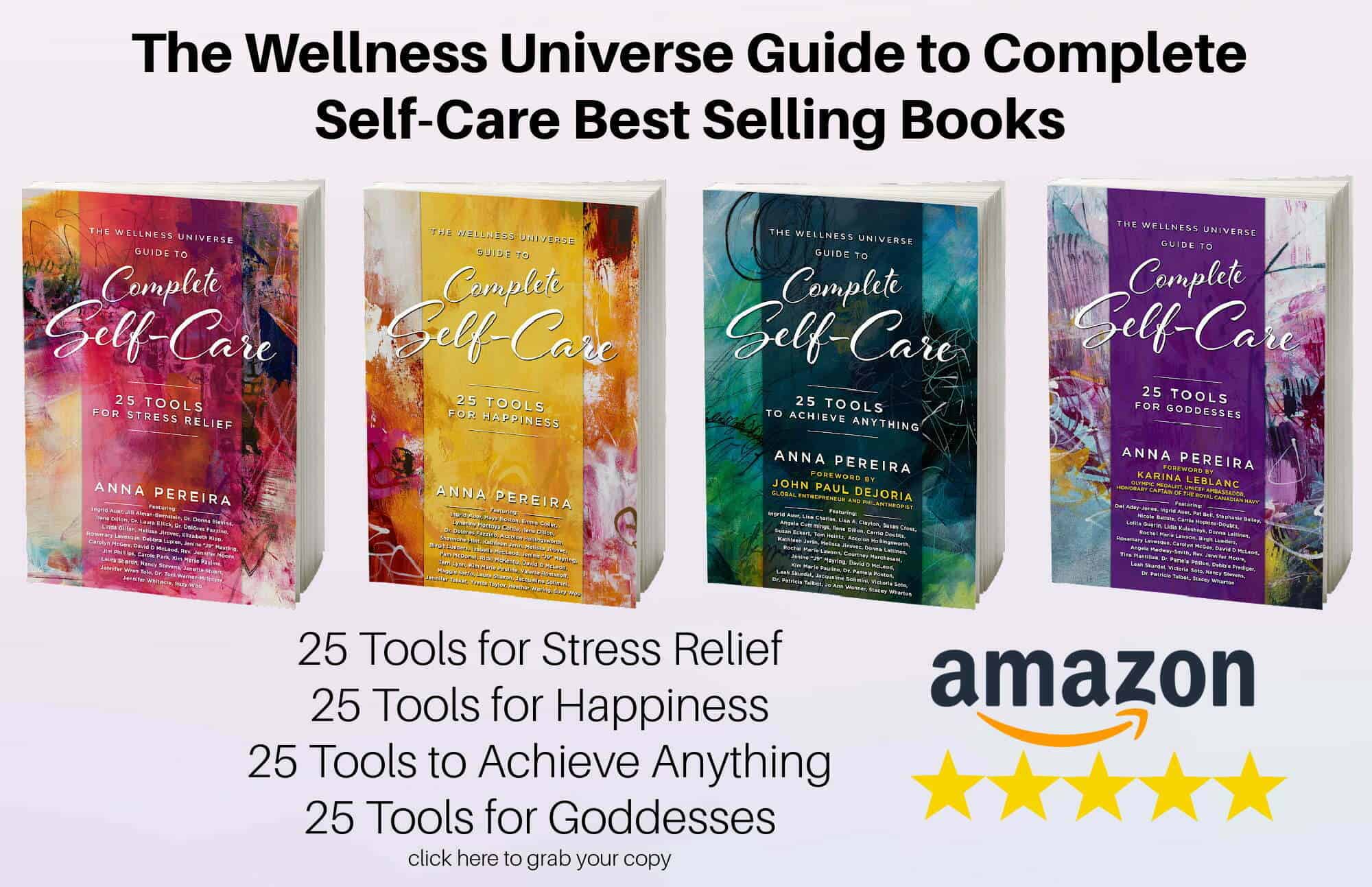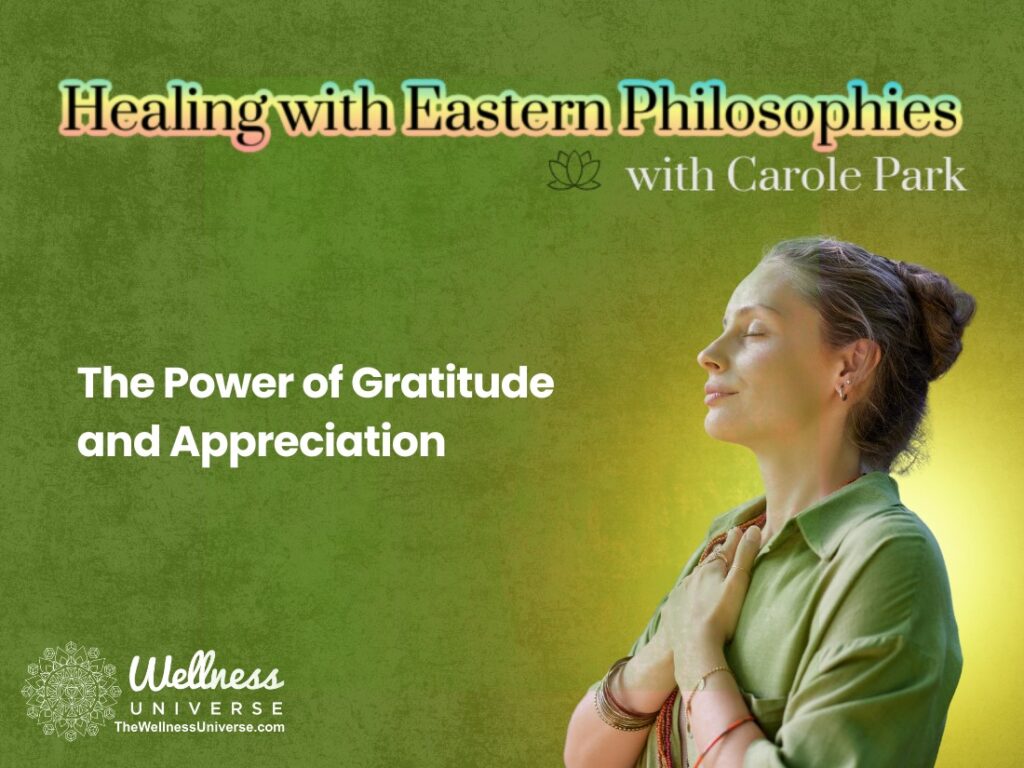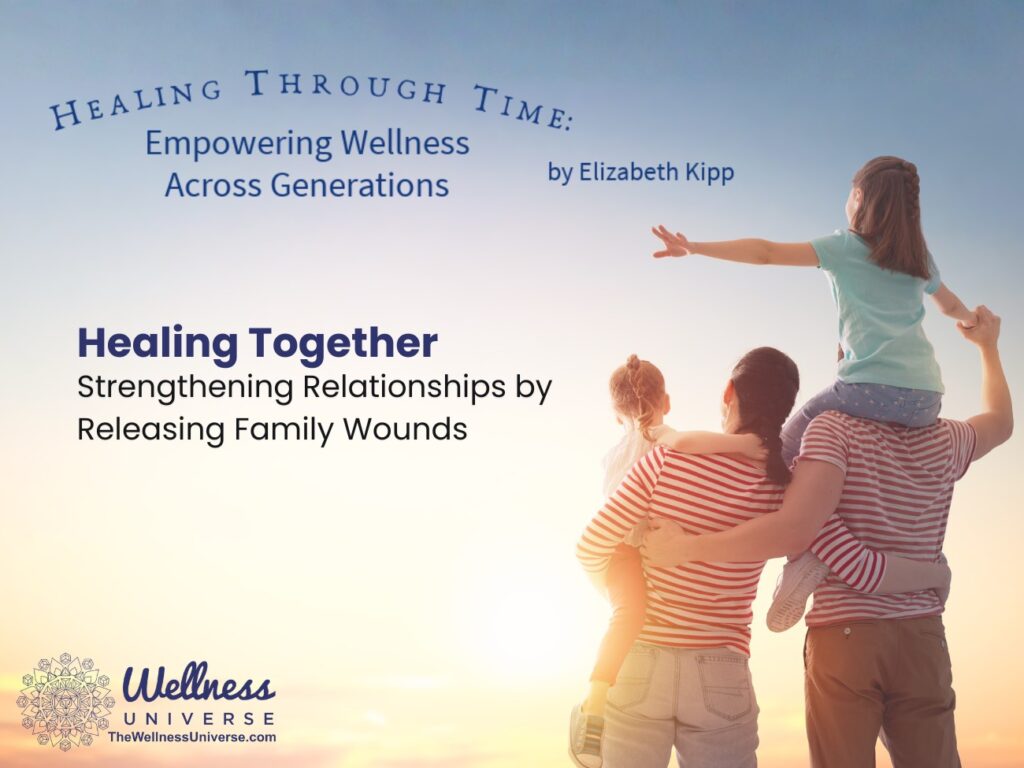September 21st is World Alzheimer’s Day, a day to shed light on Alzheimer’s disease, its impact, and the importance of support and understanding. For children of parents living with Alzheimer’s, this day carries significant weight. It’s a reminder of the everyday challenges, and the need for support and education to navigate this complex journey.
My Parent Has Alzheimer’s Disease, Now What?
This progressive brain disorder affects memory, thinking, and behavior. It can be emotionally and mentally taxing for both the person diagnosed and their loved ones struggling for ways to be supportive.
Knowledge is powerful so asking questions and doing your own research is crucial. Understanding the different stages, symptoms, and treatment options can help you anticipate changes and make informed decisions. This removes some of the stress of worrying about future possibilities and allows you to stay present with your loved one through each stage.
Supporting and caring for a loved one with Alzheimer’s can be very taxing and emotionally draining. Reach out to your local Alzheimer’s support groups or organizations like the Alzheimer’s Association. Connecting with others who are going through similar experiences can provide invaluable guidance and emotional support.
Balancing the responsibilities of caregiving with a professional life can be very challenging. Consider discussing your situation with your employer. Many workplaces offer flexible schedules or remote work options that can make caregiving more manageable.
Managing Day to Day Life
Alzheimer’s disease changes your loved one’s behavior and personality. This often happens from moment to moment. Approach each new version of your loved one by following their lead. Instead of correcting them, try to enter their current reality and play along. Speak slowly and use clear, simple language. Avoid arguing or correcting them; instead, redirect the conversation if they appear confused or seem to be getting agitated. It will make interactions more comfortable for both of you.
Establishing a routine can provide a sense of stability for someone with Alzheimer’s. Try to maintain consistent daily schedules for meals, medication, and activities. If you are supporting a loved one that is living at home, keeping track of medications can be challenging. Consider using pill organizers or medication management apps to ensure they take their medications as prescribed.
As the disease progresses, safety can become more of a concern. In moments of confusion, your loved one may forget their surroundings and feel disoriented. This can lead to wandering away from home and getting lost, even in familiar surroundings. To empower them to stay at home and keep them as safe as possible, consider installing locks or alarms on doors, make use of GPS tracking devices, and ensure that your loved one carries identification with contact information.
It is also a good idea to remove clutter from walkways, install grab bars in bathrooms, make use of non-slip mats, and ensure good lighting throughout the house to reduce the risk of falls.
Take Wellbeing Breaks! Delegate tasks to other family members or hire professional caregivers if needed. There are even respite care services that provide temporary relief for caregivers, allowing you to take a break and recharge your batteries.
Celebrate the Small Victories
As Alzheimer’s Awareness Day approaches, take a moment to honor your parent and yourself. Acknowledge the love and dedication you’ve shown throughout this journey. Celebrate the small victories and cherish the moments of connection that Alzheimer’s can’t take away.
Remember, you are not alone in this journey. Seek support, stay informed, and prioritize self-care. Together, we can raise awareness about Alzheimer’s disease and work towards a future where effective treatments and, ultimately, a cure, are within reach.
Your dedication and love are powerful forces that can make a difference in your parent’s life and the lives of many others facing Alzheimer’s disease.
Jennifer Tasker
Connect with Jenny on The Wellness Universe.
All information, content, and material are for informational purposes only and are not intended to serve as a substitute for the consultation, diagnosis, and/or medical treatment of a qualified physician or healthcare provider. The information supplied through or on this page, or by any representative or agent of The Wellness Universe, is for informational purposes only and does not constitute medical, legal, or other professional advice. Health-related information provided through this website is not a substitute for medical advice and should not be used to diagnose or treat health problems or to prescribe any medical devices or other remedies. The Wellness Universe reserves the right to remove, edit, move, or close any content item for any reason, including, but not limited to, comments that are in violation of the laws and regulations formed pursuant to the Federal Food, Drug, and Cosmetic Act. None of the posts and articles on The Wellness Universe page may be reprinted without express written permission.
Relax, unwind, and heal with sound in Food for Your Soul. The Wellness Universe invites you to join Sharon Carne, Director of Training and Program Development at the Sound Wellness Institute for this immersive monthly experience.
Catch the recorded session(s) and be sure to join the next LIVE class!
Register today:

see how our self-care books are helping thousands of people around the world. Digital and paperback books are available now.
Connect to the people that help you live your best life: The Wellness Universe
Jennifer Tasker is an Empath, Light Energy Worker, and Clairvoyant. Her intuitive and inventive nature coupled with her boundless optimism allows her to see solutions and opportunities that others may have overlooked. Her passions include writing, spending time with nature, and uplifting and empowering others to live their best lives despite their obstacles. A treasured resource and support for The Wellness Universe, Jennifer is the quintessential positive inspiration you see online and truly represents all she shares with the world. She serves with authentic, heart-based energy that allows everyone to always feel heard, seen, and supported. For Jennifer, every day is a great day!




